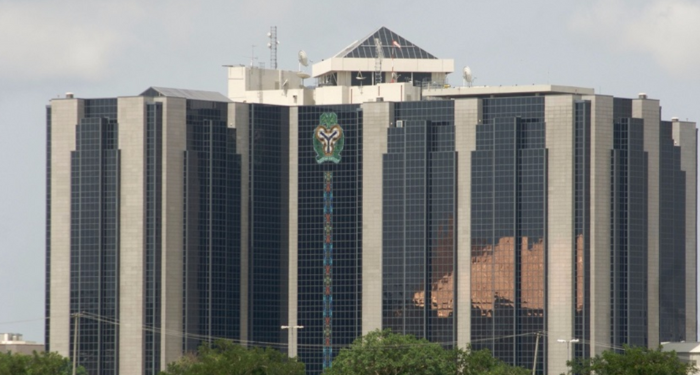Nigeria’s foreign exchange inflows through International Money Transfer Operators (IMTOs) rose sharply in 2024, reaching a total of $4.76 billion.
This represents a significant 44.5% increase from the $3.30 billion recorded in 2023, according to data from the Central Bank of Nigeria’s (CBN) latest quarterly statistical bulletin.
IMTO inflows continue to be a vital source of foreign currency for Nigeria, supporting families, businesses, and the broader economy amid ongoing FX market challenges.
What the data says
The year began with a strong performance in January 2024 as inflows surged 32.5% year-on-year to $390.86 million, compared to $295.21 million in January 2023.
This early momentum was maintained in February, with inflows increasing by 67.3%, rising to $326.91 million from $195.23 million the previous year.
March continued the positive trend, with IMTO inflows hitting $363.76 million in 2024, up 30% from $279.79 million in March 2023.
April saw a leap, with inflows reaching $466.11 million, an 83.3% increase from April 2023’s $254.26 million, marking the highest year-on-year percentage growth in the first half of the year.
- May recorded inflows of $404.75 million in 2024, a 45.3% rise compared to $278.54 million the year before.
- June was a relatively flat month-on-month but still strong year-on-year, with inflows at $389.79 million, up 40.2% from $278.04 million in June 2023.
- July and August were the standout months for IMTO inflows, posting the highest volumes of the year.
- July 2024 inflows jumped to $552.94 million, more than double the $240.35 million recorded in July 2023, representing a 130% year-on-year increase.
- August maintained this peak momentum with inflows rising to $585.21 million, a 116% increase from $271.24 million in August 2023.
- These two months alone accounted for nearly a quarter of the total inflows for the entire year, highlighting their critical role in Nigeria’s FX ecosystem.
The final four months of 2024 showed a mixed pattern of inflows, reflecting broader economic uncertainties and seasonal effects.
September recorded $336.61 million in IMTO inflows, up 40.8% from $238.98 million in the same month of 2023.
October’s inflows rose modestly to $378.85 million, a 29.1% increase year-on-year.
However, November saw a sharp decline, with inflows dropping by 22.1% to $252.28 million from $324.20 million in November 2023.
December ended the year on a more positive note, with inflows rebounding to $316.59 million, a 9.1% increase compared to $348.33 million in December 2023.
What you should know
The surge in IMTO inflows is closely tied to the reforms introduced by the CBN under Governor Cardoso since his assumption of office in September 2023.
In January 2024, the CBN issued a circular that removed the previous cap on exchange rates quoted by IMTOs.
- Before the circular, IMTOs were required to quote rates within a permissible range of -2.5% to +2.5% around the previous day’s closing rate of the Nigerian Foreign Exchange Market.
- By the end of January, the apex bank further released revised guidelines for the operations of IMTOs. The apex bank increased the application fee for an IMTO licence from N500,000 in 2014 to N10 million in the revised guidelines. This is an increase of about 1,900% in about 10 years.
- The CBN also established a minimum operating capital requirement for IMTOs at $1 million for foreign entities and an equivalent amount for local IMTOs.
- Also, IMTOs were barred from purchasing foreign exchange from the domestic market to fulfil their obligations.
- However, with another circular, it appears that this ban has been lifted, and IMTOs can now trade on the official market.
- The apex bank earlier reached an agreement with IMTOs to set up a Collaborative Task Force to double remittance inflows into the country. The task force formed to double remittance inflows into Nigeria reports directly to Olayemi Cardoso, the Governor of the CBN.
By increasing competition among IMTOs, engaging with the diaspora, and enhancing transparency in foreign exchange transactions, the CBN has strengthened the remittance ecosystem.
Also, the CBN recently granted 14 new Approvals-in-Principle (AIP) to IMTOs, according to the Bank’s Acting Director of Corporate Communications, Mrs. Hakama Sidi Ali.
The Central Bank’s reforms have included streamlining processes, onboarding more IMTOs, and enhancing measures to ensure an increase in the supply of foreign currencies.
These measures have evidently paid off, as evidenced by the substantial increase in remittance inflows.












